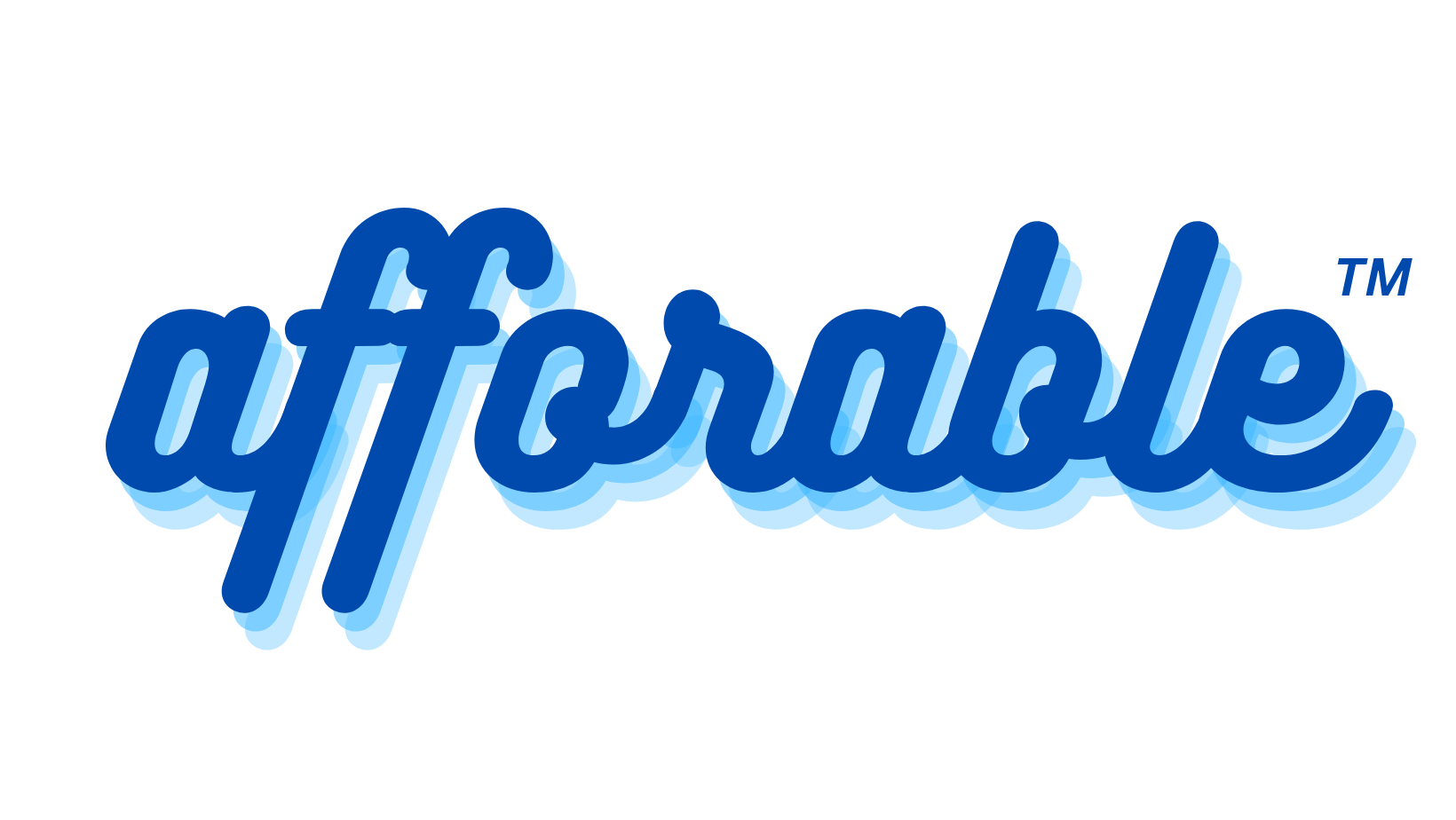Health Savings Accounts (HSAs) have become a vital tool in personal finance planning, especially in the context of healthcare costs. This article explores the role of HSAs in financial strategy, highlighting their benefits and how individuals can maximize their advantages.
What is an HSA?
An HSA is a tax-advantaged savings account designed for individuals with high-deductible health plans (HDHPs). It allows users to save for medical expenses while benefiting from tax savings.
Tax Advantages of HSAs
HSAs offer three key tax benefits: contributions are tax-deductible, the account’s earnings (interest and investment returns) grow tax-free, and withdrawals for qualified medical expenses are not taxed.
HSAs in Healthcare Cost Management
HSAs are instrumental in managing out-of-pocket healthcare expenses. They provide a financial cushion for current medical costs and can also be used to save for future healthcare expenses, including those incurred during retirement.
Long-Term Financial Planning with HSAs
Unlike Flexible Spending Accounts (FSAs), HSAs do not have a “use it or lose it” policy. Unspent funds roll over year to year, making HSAs an excellent tool for long-term savings and investment. Many HSA plans offer investment options similar to those in retirement accounts, allowing for potential growth over time.
HSAs and Retirement Planning
HSAs can be a critical component of retirement planning. After the age of 65, funds can be withdrawn for non-medical expenses without penalty, although they will be taxed as income, similar to a traditional IRA. This flexibility makes HSAs a dual-purpose savings vehicle for both healthcare and retirement expenses.
Maximizing HSA Benefits
To maximize the benefits of an HSA, individuals should consider contributing the maximum allowable amount each year, investing HSA funds for long-term growth, and paying current medical expenses out-of-pocket if possible, allowing the HSA to grow.
Conclusion
Health Savings Accounts play a significant role in personal finance planning, offering tax benefits, flexibility, and opportunities for savings growth. By strategically using HSAs, individuals can effectively manage healthcare costs while contributing to their long-term financial stability.

